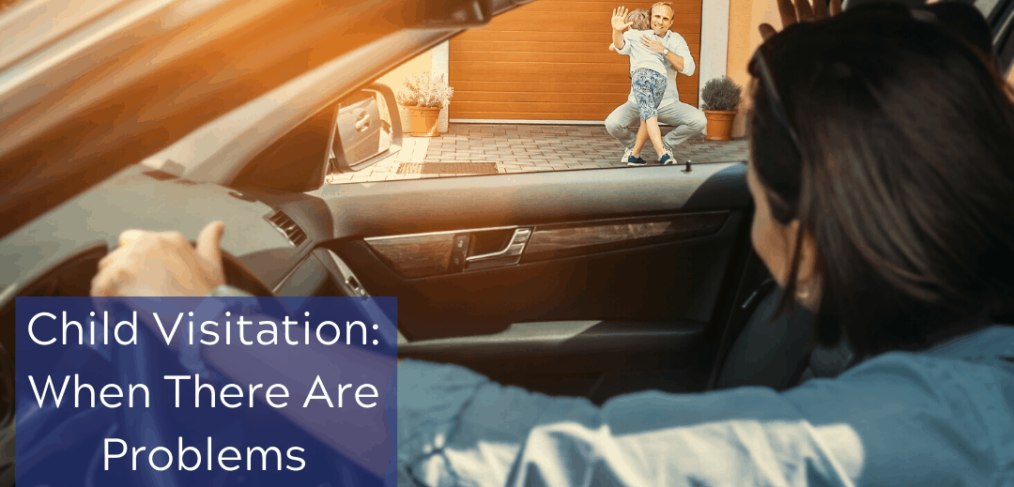
Child Visitation: When There Are Problems
After two parents’ divorce, visitation schedules for the children involved are meant to be, as legal doctrine states, “…in the best interest of the child…”(www.divorcesupport.about.com). But they don’t always work smoothly in the day-to-day lives of divorced families. One issue parents might face is when the kids don’t want to visit the other parent. This article contains insights for “ironing out” child visitation problems.
TALK ABOUT IT:
If your child does not want to visit the other parent, you must discuss this with your children and the ex-spouse.
First and foremost, allow your child tell you specifically why they don’t want to visit their other parent. It may be that they are looking forward to an event, for instance. Visitation shouldn’t interfere with children’s activities. The other parent can give rides, making sure that friendships and commitments are kept up to date.
Remind them that their mom or dad love them and want very much to see them.
Remind them that they’ll benefit by knowing their other parent as they grow up. Transitioning from one home to another may be inconvenient for a child. It’s the parents’ jobs to help them with it in any way possible.
Finally, remind them that your role is to do your best to allow them to see the other parent.
WORK TOGETHER:
The critical factor in making visitation work for the child is the attitudes of the parents. Both parents should be flexible with visitation so that the child’s best interests are kept as a priority.
On the other hand, however, the child may have a valid reason for his/her shying away from the other parent. He or she may not be comfortable with a new boyfriend or girlfriend, or other people who frequent the home of the other parent.
This warrants a frank and tactful conversation with your ex-spouse. Find a way for the child’s feelings to be honored. If this isn’t possible though, consult a lawyer. According to www.legalmatch.com, you should never go against the court-ordered child visitation plan, without doing so.
UNDERSTAND YOUR CHILD’S EMOTIONS:
Be sure that the child is not trying to manipulate either of you. Children go through many conflicting emotions in dealing with a separated mother and father. They may exhibit anger and frustration, grief and confusion. But don’t allow them to spin a web of turmoil between the two of you.
THE BOTTOM LINE:
The cooperation between both parents is seen to be the predictor of well-adjusted children of divorce. It’s worth swallowing your pride, for the sake of the children.
Written By: Ruby Holder Moseley, Rust Built, Marketing Services
Rachel Frawley
Latest posts by Rachel Frawley (see all)
- Finding Clarity Before the Holidays - November 3, 2025
- November 2025 – What’s Happening - October 22, 2025
- Signs You’re Ready For Divorce - October 20, 2025



